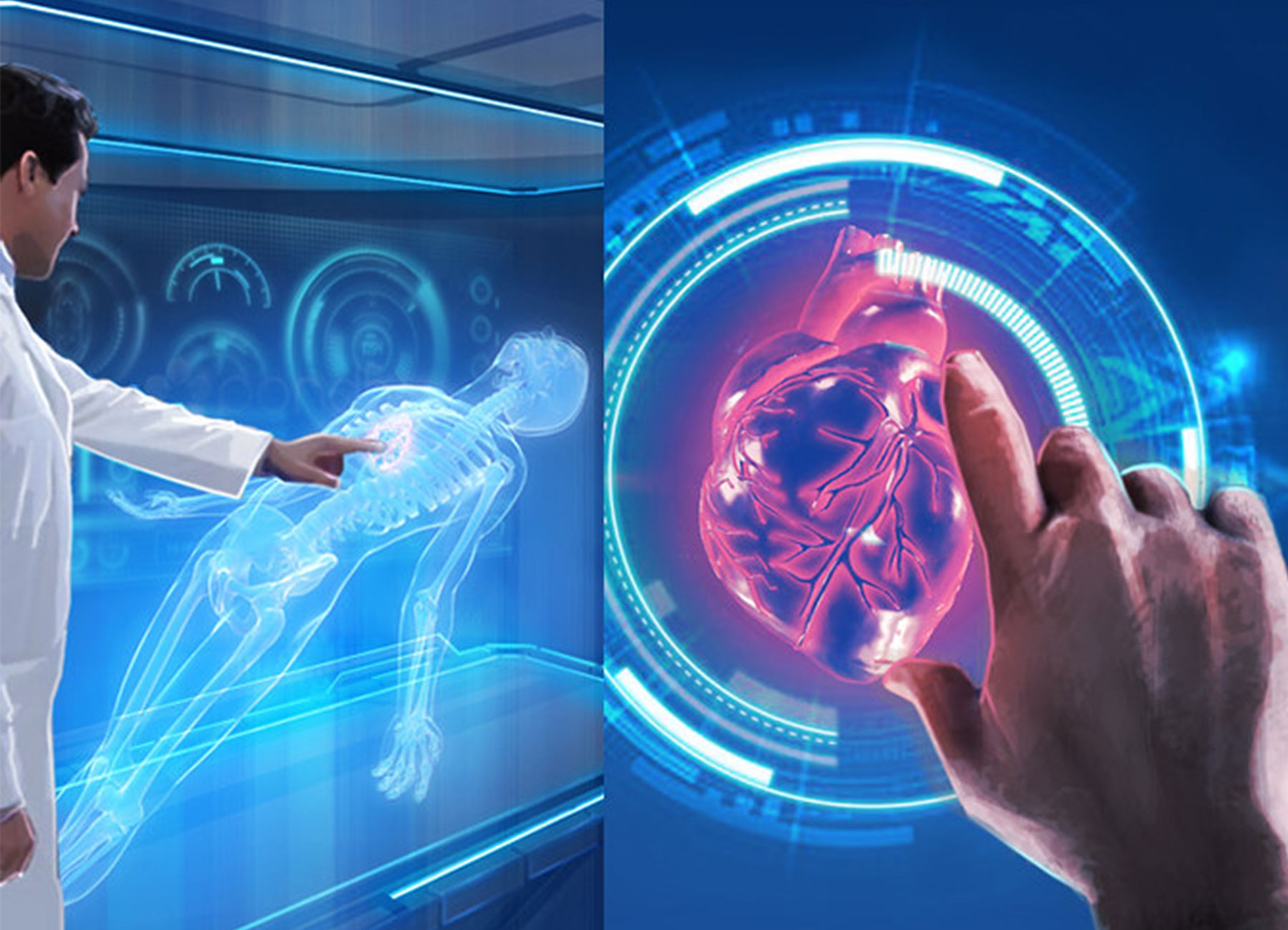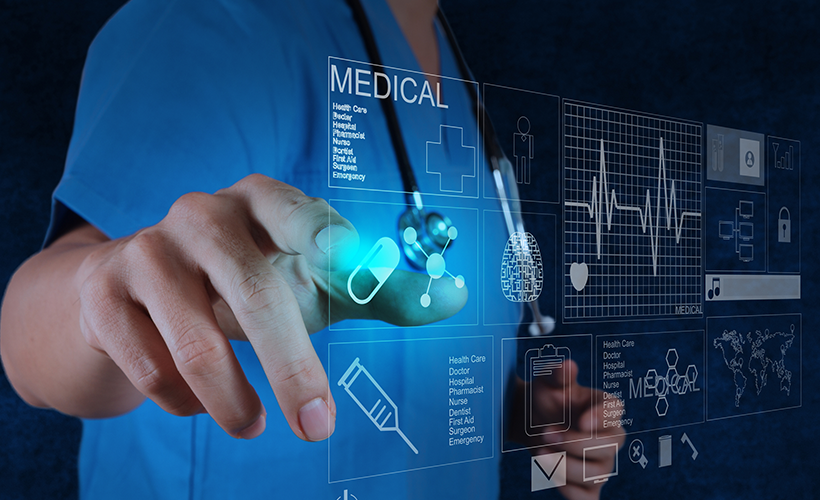The Future of Medical Technology: Emerging Trends and Innovations

Technology has been rapidly advancing in our society, from the rise of smartphones to the proliferation of social media platforms. However, it’s not just the consumer technology that’s been getting all the attention lately. The healthcare sector has also been experiencing a technological revolution, attempting to improve healthcare outcomes and patient satisfaction with the help of new, cutting-edge devices and software.
Health tech in practices now, soon and in the next decade
One of the biggest areas of improvement for healthcare technology is patient care – specifically, how doctors and physicians can better track their patients’ health remotely. Currently, many doctors rely on manual check-ins to see how their patients are doing, but with innovative technologies like wearables, this could all change.

Wearable technologies like fitness trackers and smartwatches are already in use today, but their potential to monitor chronic illnesses like diabetes and heart disease could be life-changing for patients. Remote monitoring devices also allow patients to share their health information with doctors virtually, reducing the need for in-person appointments and improving communication between patients and doctors.
Looking at the near future, artificial intelligence (AI) will be a key technological driver in the healthcare industry. AI-powered systems have countless applications in the field, such as improving the accuracy of medical diagnoses, providing patients with personalized treatment recommendations, and even helping doctors administer medication.

Outside of the clinical setting, we can also look to emerging technologies to vastly improve the patient experience. Virtual and augmented reality are two such technologies which could transform the way we experience medicine. For example, virtual reality can be used by patients undergoing mental health treatments like exposure therapy and chronic pain management. Augmented reality can also be used to help with surgical procedures by providing surgeons with real-time visual information during an operation.
New Technology that helps Medical Patients
There are also a number of smaller, niche technologies which could have a significant impact on healthcare in the coming years. Body sensors, for example, can enable doctors to keep close tabs on vital signs and other vital health metrics. Patients can also use these sensors at home to clearly monitor their health status and progress on their own, rather than relying solely on visits to the doctor.

Additionally, smart pills have the potential to revolutionize drug delivery systems. Smart pills contain a tiny sensor which can detect when the pill has been swallowed and relay this information to a smartphone app, allowing doctors to keep tabs on their patients’ medication compliance.
5 Predictions for Healthcare and Health Outcomes in 2019
Of course, with all of these advancements come some challenges as well. Healthcare providers must be able to navigate an increasingly complex and interconnected system of technology, and work to integrate new tools and resources effectively into their everyday practices. Cybersecurity will also be a significant concern in the coming years, as the potential for data breaches and privacy violations of sensitive medical records is a very real threat.

Despite these challenges, the overall outlook for healthcare technology is very promising. With the advent of new technologies and the focus on improving patient care and outcomes, we can look forward to a brighter future for healthcare in the years to come.
Man doctor in futuristic medicine medical concept
As we move forward, it’s important to keep in mind that medical technology is only one piece of the puzzle, and that positive healthcare outcomes also rely on the human element: compassionate medical care and specialized expertise. By combining these two factors in a smart, integrated way, healthcare providers can make great strides towards improving the lives of their patients.

In conclusion, healthcare technology is a rapidly growing field with the potential to change the healthcare industry as we know it. From wearable technologies to artificial intelligence to body sensors to smart pills, there’s an endless variety of medical technologies already in use or in development. At the same time, healthcare providers should be mindful of the potential challenges that come with implementing new technologies and work to integrate them into their practices in a responsible and effective way. By putting the focus on both technology and human expertise, we can look forward to an increasingly patient-centered healthcare system in the years to come.

Source image : www.spews.org

Source image : insights.patientbond.com

Source image : www.appstudio.ca

Source image : www.fiercehealthcare.com

Source image : legacymedsearch.com




